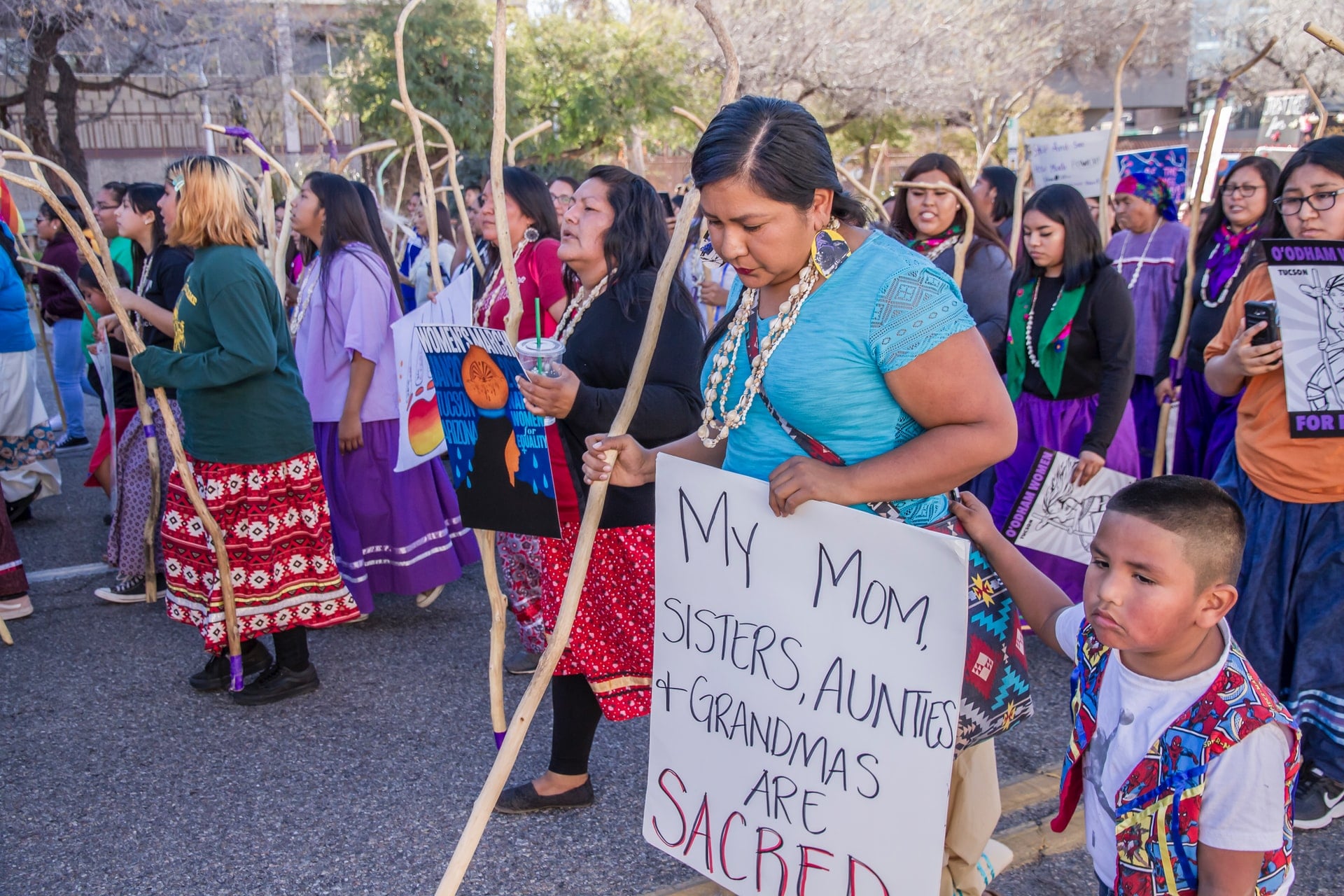Long before any present-day travelers hiked across a wilderness landscape or wandered the winding streets of a historic district, others have lived on the land.
While travel is often thought of in moments or memories, these are built on the back of what came before. The story of humankind is tens of thousands years old. It is a story of creativity, community, and collaboration as well as conflict, oppression, and colonialism. As noted by Northwestern University: “It is important to understand the long-standing history that has brought you to reside on the land, and to seek to understand your place within that history.”
Travelers can take in a singular moment in time. They can admire the beauty of the natural environment or the hustle and bustle of a busy urban space. But in order for them to truly appreciate, understand, and contextualize the world around them — and, more importantly, for local Indigenous Peoples to be recognized and acknowledged — land acknowledgements should be an integral part of the travel story.
A land acknowledgement (or territorial acknowledgement) is a formal statement that recognizes and respects Indigenous People as the traditional stewards of the land and the enduring relationship between Indigenous Peoples and their traditional territories.
Land acknowledgements provide cultural and historical context, it is essential to emphasize that colonialism is an ongoing process. The dominant culture continues to oppress, marginalize, and silence Indigenous Peoples all over the world. Failing to acknowledge this violence continues to uphold harmful and racist systems and practices.
The travel experience has historically been shaped by the white man’s gaze. Colonizers were travelers, “discovering” and “exploring” land that was “untouched.” The travel narrative has continued to uphold the colonial narrative. This narrative shapes a travel experience that is sanitized and comfortable, catering to travelers and their expectations while continuing to silence and erase Indigenous Peoples. While land acknowledgements provide context for travelers, they should not center travelers.
A stirring in the tourism industry indicates there is interest in supporting the communities and destinations in which it operates. There are movements toward centering local people over travelers, embracing regenerative practices, and disrupting and decolonizing the destructive travel narrative.
If this is the case — and if the tourism industry is truly committed to a more equitable, safer, and more sustainable future — land acknowledgements should be integrated into every tour, stated in destination materials, and made a part of industry events.
The Native Governance Center is an excellent resource for anyone working in the tourism industry. Some of the key takeaway points are as follows:
- Land acknowledgements can not be performative. Begin with self-reflection. Make this an intentional and meaningful practice.
- Land acknowledgements can be concise: “I want to acknowledge that we are on the traditional territory of [nation names].” However, this can also include information about local treaties and a deeper explanation of why the acknowledgement is happening. In the travel context, this is a great opportunity to engage in conversation and provide an unsanitized, honest account of a destination’s history.
- Correctly pronounce all names. Get clarification on how to pronounce the names of Tribes, places, and individuals. Be mindful that many natural features, such as mountains and bodies of water, have Indigenous names. Learn what they are and how to pronounce them, and integrate them into the wider story of an experience.
- Do not sugarcoat the past. Avoid sanitized language. State reality as it is with terminology like “genocide,” “forced removal,” and “stolen land.”
- Use past, present, and future tenses appropriately. Indigenous Peoples and land acknowledgements do not exist in the past tense.
- Avoid deficiency framing, and focus on strengths. A key piece of regeneration is empowerment and positive impact. Through this lens, focus on positivity.
Folding land acknowledgements into the travel experience is a great first step, but it shouldn’t stop there. Think of this as only the beginning of a long, complex, and essential conversation — for yourself, for travelers, and for the tourism industry at large.
- Continue learning. Learn about oppression, privilege, and colonization where you live and where you work. Start by spending time on the Native Land website.
- Support Indigenous organizations and grassroots change movements. Additionally, seek out and support Indigenous-owned businesses and makers. Donate time and/or money, if you are able.
- Pressure tourism organizations to ensure Indigenous Peoples have a seat at the table. A commitment to diversity and inclusion within the tourism industry means ensuring Indigenous Peoples have their voices heard.
- Encourage travelers to keep learning. Suggest that they learn about Indigenous history and support Indigenous initiatives once they return home.
- Create relationships. Take the time to get to know Indigenous Peoples living and working in the places where you live and work. Stand in solidarity with them.



